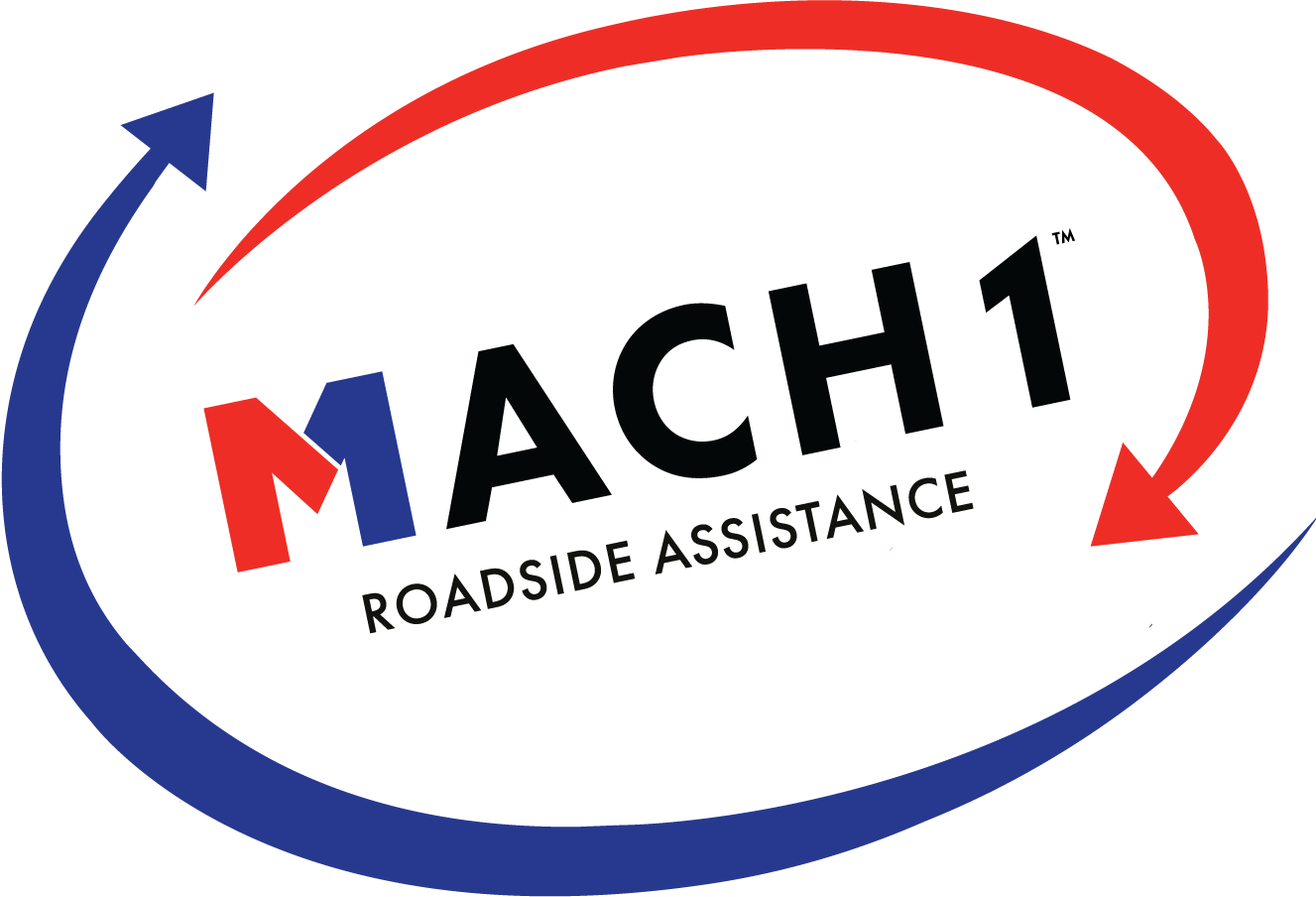
29 Nov 10 Helpful Tips For Buying A New Car
Buying a new car is an exciting but daunting task. With numerous options, features, and financial considerations, the process can be overwhelming. This guide aims to demystify the process and provide practical advice to help you make an informed decision.
10 Helpful Tips For Buying A New Car
1. Establish Your Budget
Before stepping into a dealership, it’s crucial to determine what you can afford. A realistic budget encompasses more than just the purchase price; consider ongoing costs such as maintenance, fuel, and insurance. A good rule of thumb is that your car payment should not exceed 15-20% of your monthly take-home pay.
2. Research Your Options
In today’s digital age, researching your car-buying options has never been easier. Utilize online platforms to compare models, features, and prices. Remember to align your choice with your needs – consider factors like the car size, type, and intended use. Whether it’s commuting, hauling cargo, or long road trips, each need might steer you towards a different vehicle.
3. Check Safety Ratings and Features
Safety should be a top priority. Use resources like the National Highway Traffic Safety Administration (NHTSA) for up-to-date safety ratings. Don’t overlook advanced safety features such as automated emergency braking and lane departure warnings, which can significantly reduce the risk of accidents.
4. Understand Fuel Efficiency
Fuel efficiency impacts your wallet and the environment. Assess the fuel economy of different models, and consider the long-term savings a hybrid or electric vehicle might offer. With rising fuel costs and environmental concerns, efficient cars are not only economical but also a step towards sustainability.
When considering fuel efficiency for a new car, here are three essential questions to ask yourself:
What is my typical driving pattern?
- Consider how you predominantly use your car. Are your drives mostly long highway commutes, urban stop-and-go traffic, or a mix of both? Different driving patterns can significantly impact fuel efficiency, and understanding your specific needs can help you choose a car that is optimized for your most common driving conditions.
What are the long-term fuel costs?
- Calculate the estimated fuel costs over an extended period, like five years. This will help you understand the long-term financial implications of the car’s fuel efficiency. Consider the type of fuel the car requires (regular, premium, diesel, or electricity) and the current and projected costs of these fuels in your area.
How important is environmental impact to me?
- Reflect on the importance of reducing your carbon footprint. More fuel-efficient vehicles, especially hybrids and electric cars, can significantly reduce emissions. If environmental impact is a priority for you, this might influence your decision towards a more fuel-efficient or alternative fuel vehicle.
5. Explore Financing Options
Navigating auto financing can be complex. Compare the offers from the dealership with those from banks or credit unions. Aim for the lowest interest rate and understand the terms of the loan. A shorter loan term may have higher monthly payments but will save you money in interest in the long run.
When considering financial options for a new car, consider these three questions:
What can I realistically afford?
- Assess your budget not just for the immediate costs, but also for the long-term. This includes the monthly payment, insurance, maintenance, and fuel costs. It’s crucial to ensure that the car payment fits comfortably within your financial situation without straining other financial obligations.
Should I lease or buy?
- Consider the pros and cons of leasing versus buying. Leasing often requires a lower upfront cost and provides the flexibility to change cars frequently, but it may come with mileage restrictions and no equity at the end of the lease. Buying typically costs more upfront but can be more economical in the long run, especially if you plan to keep the car for many years.
What financing options are available to me?
- Explore different financing avenues, including bank loans, credit unions, and dealership financing. Compare interest rates, loan terms, and any additional fees. It’s also important to check your credit score, as it will significantly affect the interest rates you are offered.
6. Insurance Considerations
Insurance is a significant part of car ownership. Rates vary based on the car model, your driving history, and coverage options. Shop around to compare quotes and understand the coverages, like liability, collision, and comprehensive, to ensure you are adequately covered.
7. Test Drive Is Key
A test drive is more than just a formality; it’s your chance to gauge the car’s comfort and performance. Pay attention to handling, noise levels, and overall comfort. This is also the time to verify if the car meets your daily needs, like ease of parking, steering response, and seat comfort.
8. Evaluate Warranty and Maintenance Plans
Understand what’s covered under different types of warranties – manufacturer and extended. Some manufacturers also offer maintenance plans, which can save money in the long run. However, read the fine print to understand what is included and for how long.
9. Leasing vs. Buying
Deciding whether to lease or buy is a significant decision. Leasing can offer lower monthly payments and the ability to drive a new car every few years. However, buying a car is typically more economical in the long term, especially if you drive a lot or plan to keep the car for many years.
10. Roadside Assistance and Emergency Services
Reliable roadside assistance is essential for peace of mind. Services like Mach1Services.com provide trusted and comprehensive assistance across the U.S., from tire changes to emergency fuel delivery. This service can be a lifesaver in unexpected situations.
Final Thoughts on Buying a New Car
Buying a new car involves thorough research and careful consideration. Take your time, evaluate your options, and make an informed decision. Remember, a car is not just a purchase; it’s an investment in your mobility and safety.
